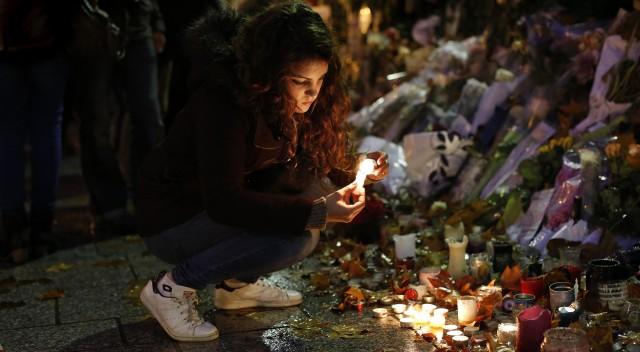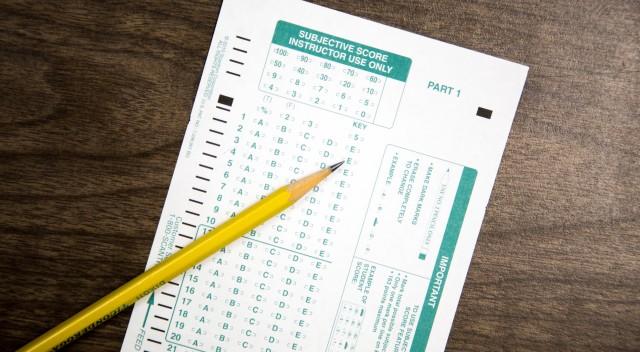By Audrey Werth/ tr news editor
As companies have begun to use social media more and more frequently as a way to promote their brands, they have become more involved in cultural events and crises.
Most recently, as a response to the Paris attacks, Amazon and eBay designed their home pages to represent their solidarity with France after what had happened.
EBay had a large peace sign with the Eiffel Tower in the center, and Amazon flew a French flag.
The transportation company Uber on its app turned all of the cars on their map into French flags.
On the surface, it might seem nice that these large corporations empathize with the people affected by these attacks.
This behavior only serves to further integrate corporations into people’s lives, making it less and less obvious when they are advertising and selling products.
A company sells the product they produce. That should be all they do. It is not necessary for such large corporations to show solidarite with anyone.
A company should not use sensitive events as marketing opportunities or as a chance to turn a profit.
Another example, AT&T in 2013 tweeted an image in observance of 9/11 showing a cellphone capturing “Tribute in Light,” an art installation created in remembrance of the September 11 attacks. AT&T was scrutinized heavily for doing this, and the consensus was that they should have known better.
Now two years later, brands are still tweeting and designing marketing around disasters and social issues.
Grieving and protesting is for individual people to do, and though the Supreme Court considers corporations people in some contexts, one tweet cannot possibly represent the opinion of every person working for a company, so these tweets and webpage designs can only be marketing ploys.
As time goes on, there seems to be less criticism of some of these tactics, but it is important that a line be drawn. There are some places a corporation should not go.






























